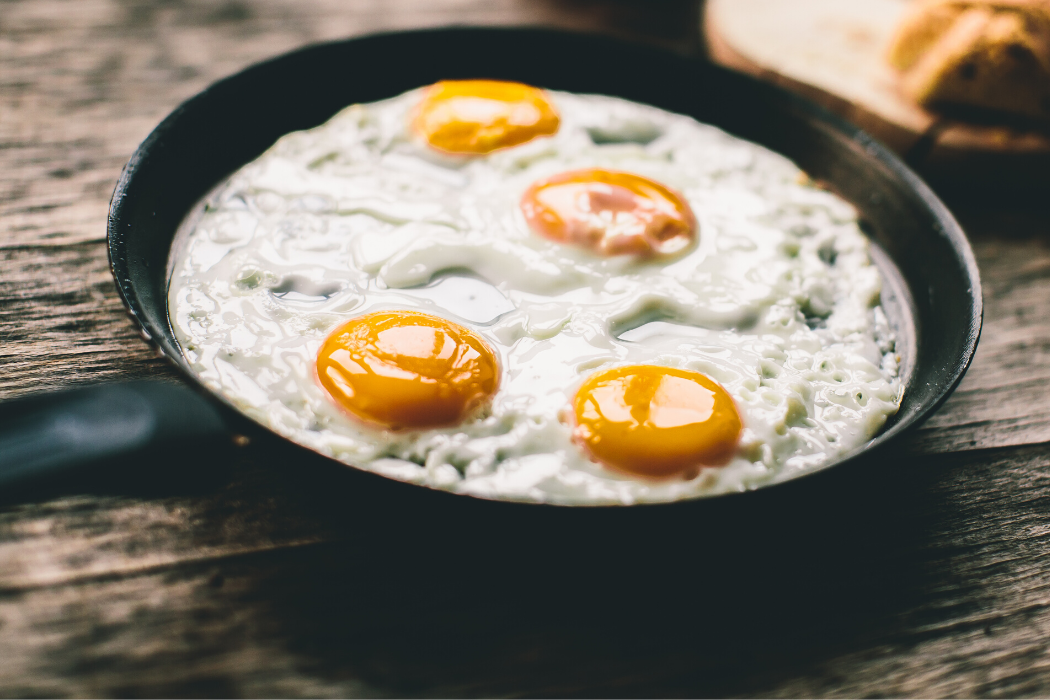Vitamin B12 is responsible for a number of important functions within the body and is essential for the normal functioning of the brain and nervous system. It plays an important role in the production of red blood cells and DNA synthesis. Moreover, vitamin B12 plays a part in the synthesis of fatty acids and energy production as well as the metabolism of protein.
Bacteria in our large intestine (colon) are known to produce vitamin B12, however the process occurs below the ileum (where B12 is absorbed), making it unavailable for absorption. Therefore we need to get this important nutrient from our diet.
B12 Deficiency Symptoms
Some of the symptoms that may indicate deficiency include:
- Anemia
- Constipation
- Abrupt weight loss
- Poor memory
- Lack of energy and constant fatigue
- Pale skin
- Poor balance
- Lack of appetite
- Sore mouth or tongue, mouth ulcers
- Blurry vision and even sensitivity to light
- Tingling feet or sensations of pins and needles
- Shortness of breath
- Palpitations
Who is at Risk of Vitamin B12 Deficiency?
Some people may have a higher risk of developing Vitamin B12 deficiency than others. Some of these factors include:
Age
Vitamin B12 deficiency is more likely to occur in older people due to the reduction in stomach acid production that often occurs with ageing.
Vegans
As previously mentioned, animal-based foods are the main source of Vitamin B12.
Gastrointestinal Disorders
Conditions that affect the gastrointestinal tract such as celiac or Crohn’s disease may interfere with the absorption of B12.
The Use of Certain Medications
Certain medications are associated with vitamin B12 deficiency. Namely, proton-pump inhibitors and H2 blockers that work by inhibiting the production of gastric acid, thereby reducing absorption of nutrients.
So, how can we maintain optimal levels of the vitamin?
Sources of Vitamin B12
- Animal-based Sources: Animal-based products are some of the best sources of B12. Foods such as red meat, poultry, fish, eggs and dairy.
- Fortified Foods: Because B12 is generally not present in plant based foods, fortified foods may be helpful for vegans and vegetarians.
How much do we need to get from our diet?
The Australian RDI (recommended daily intake) for vitamin B12 is 2.4 µg/day for males and females over the age of 14.
Common foods rich in B12 include:
- Feta cheese, 30 grams – 0.5 µg
- Eggs, 2 hard boiled – 1.2 µg
- Sirloin steak, cooked, 85 grams – 1.4 µg
- Tuna fish, canned, 85 grams – 2.5 µg
- Salmon, cooked, 85 grams – 4.8 µg
- Sardines, canned, 85 grams – 7.6 µg

